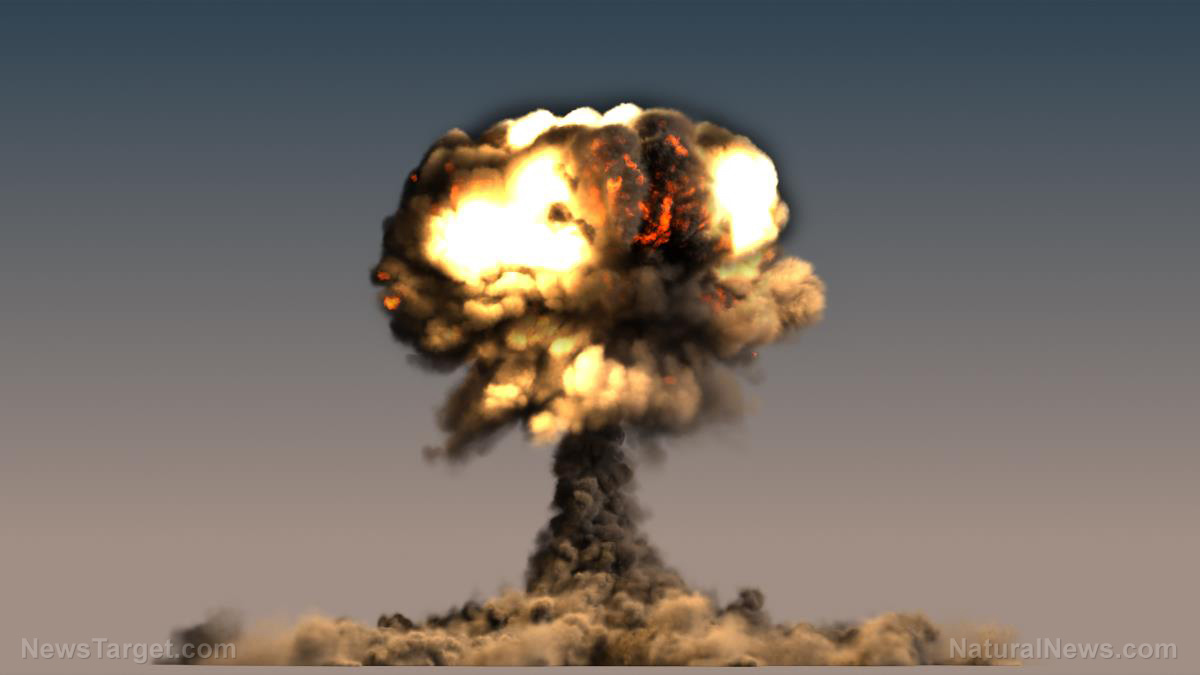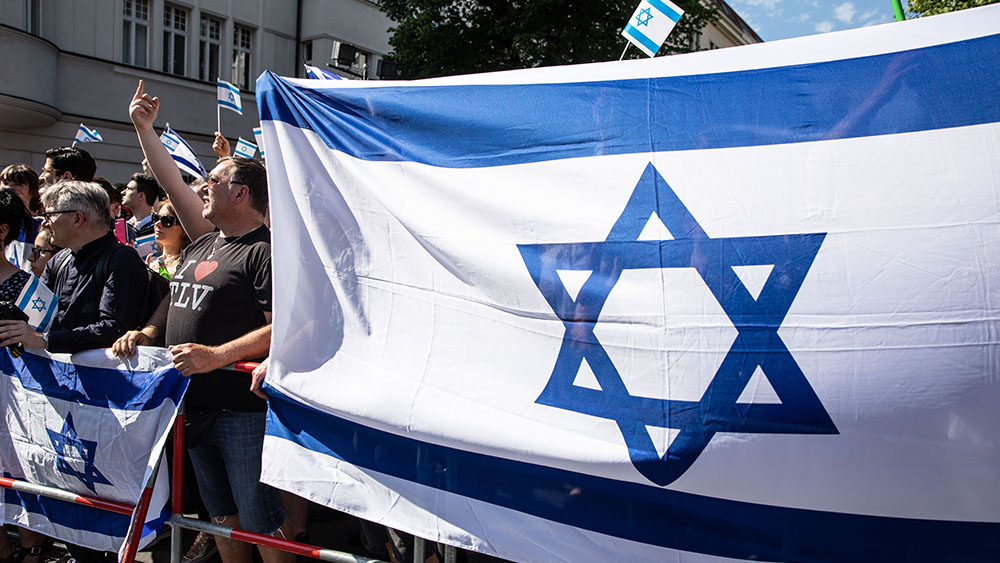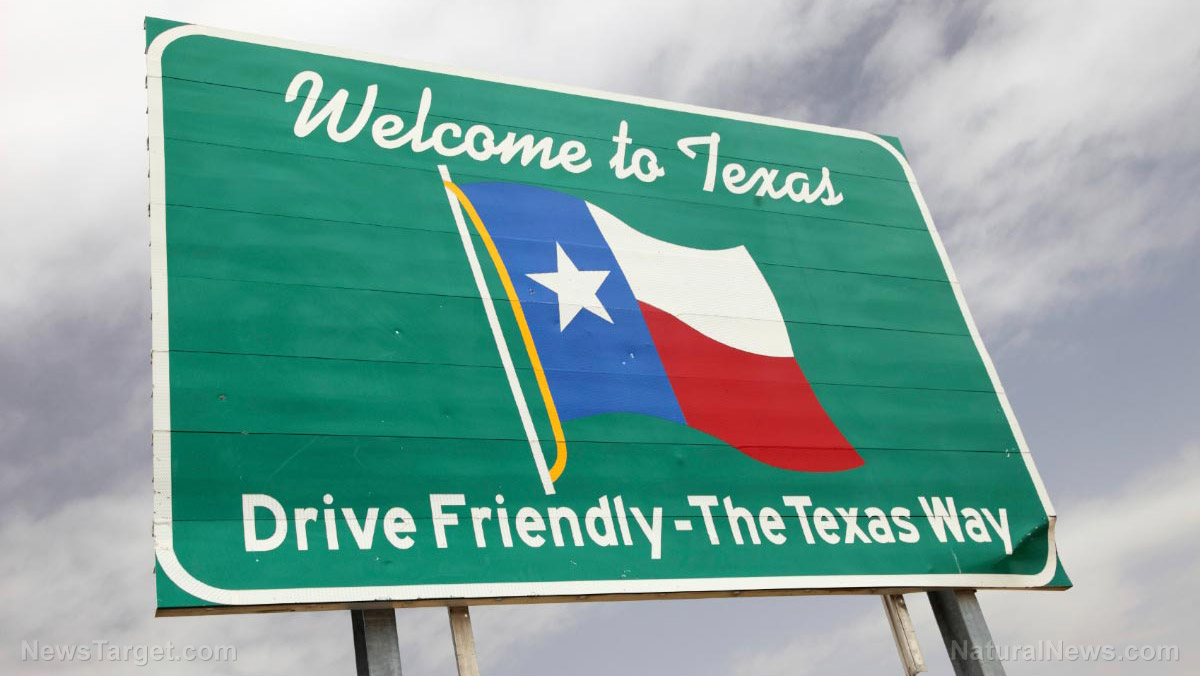 Parler
Parler Gab
Gab
- Iran suspends all cooperation with the IAEA, halting inspections until it receives security guarantees and recognition of its uranium enrichment rights.
- The move follows U.S.-Israeli airstrikes on Iranian nuclear sites, which Tehran calls "acts of war," escalating tensions after a recent ceasefire.
- France warns of potential snapback sanctions, while Russia blames the IAEA for failing to condemn the attacks, calling its credibility into question.
- The IAEA loses visibility into Iran’s nuclear activities, raising fears of unchecked uranium enrichment and regional destabilization.
- Hardliners in Iran push for withdrawal from the NPT, signaling a potential shift toward openly pursuing nuclear weapons.
A direct response to attacks
The suspension of IAEA cooperation is a direct retaliation for joint Israeli and U.S. airstrikes on Iran’s key nuclear sites at Fordow, Natanz, and Isfahan. While Washington and Tel Aviv claimed the strikes were necessary to curb Iran’s nuclear ambitions, Tehran insists its program is peaceful and accuses the IAEA of enabling the attacks through biased reporting. "The IAEA has not fulfilled its duties and become a political tool," declared Iranian Parliament Speaker Mohammad Bagher Ghalibaf, echoing widespread anger among lawmakers who chanted "Down with the U.S. and down with Israel" after passing the bill. Deputy Speaker Ali Nikzad went further, labeling IAEA Director-General Rafael Grossi a "liar" and accusing the agency of espionage for Israel.Western warnings and Russian criticism
France swiftly condemned Iran’s decision, with Ambassador to the UN Jerome Bonnafont warning that failure to re-engage with the IAEA could trigger the "snapback" mechanism in the 2015 nuclear deal (JCPOA), reinstating harsh UN sanctions. He called for a "strong, verifiable, and lasting" agreement but emphasized that diplomacy must remain open. Russia, while critical of Iran’s suspension, placed blame squarely on the IAEA and the West. Kremlin spokesperson Dmitry Peskov called the move a "direct consequence" of Israeli and U.S. aggression, accusing the agency of losing credibility by refusing to condemn the strikes. Russian Foreign Minister Sergei Lavrov urged continued engagement with the IAEA, stressing that Iran has long maintained it does not seek nuclear weapons.IAEA in the dark as uranium stockpiles remain unverified
The suspension leaves the IAEA blind to Iran’s nuclear activities, particularly the status of its enriched uranium stockpiles. Grossi admitted in Vienna that the material "may be there," likely relocated to more secure sites, but without inspections, the agency cannot verify its quantity or enrichment levels. Grossi said resuming inspections is his top priority, insisting that cooperation is a legal obligation under the NPT and "not a concession." However, with Iran demanding security guarantees before reopening its facilities, the standoff appears to be far away from a resolution. Inside Iran, the government has framed its survival against U.S.-Israeli strikes as a victory, with President Masoud Pezeshkian touting national unity. Yet critics warn that the newfound solidarity stems from anger at foreign aggression, not confidence in leadership. Crackdowns on dissent have intensified, with officials justifying arrests as counterintelligence operations against alleged Mossad spies. Hardliners are now pushing for even more drastic measures, including withdrawal from the NPT in a move that would signal Iran’s intent to pursue nuclear weapons openly. Former MP Akbar A’lami questioned the treaty’s value, asking, "If our membership in the NPT cannot defend us against military attack or economic sanctions, and in practice becomes a tool of inspection and constant threat, what is the justification for remaining in it?" Iran’s suspension of IAEA cooperation marks a perilous turning point in the nuclear crisis, with Tehran signaling it will no longer tolerate what it sees as Western hypocrisy and aggression. Sources for this article include: TheCradle.co TheGuardian.com Reuters.com AlJazeera.comJapanese manga prophet warns of cataclysmic event on July 5 — Is a new continent coming?
By Finn Heartley // Share
3 uncomfortable facts about Israel’s war on civilization that you won’t learn from mainstream media
By News Editors // Share
Governments continue to obscure COVID-19 vaccine data amid rising concerns over excess deaths
By patricklewis // Share
Tech giant Microsoft backs EXTINCTION with its support of carbon capture programs
By ramontomeydw // Share
Germany to resume arms exports to Israel despite repeated ceasefire violations
By isabelle // Share










